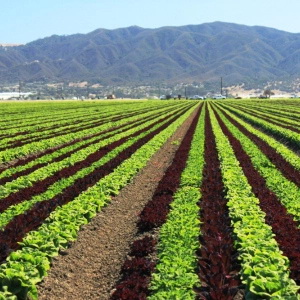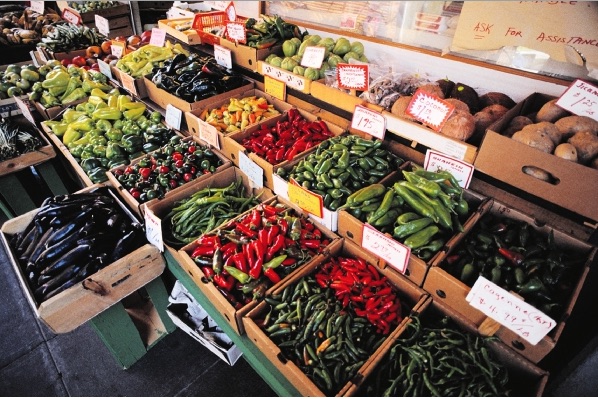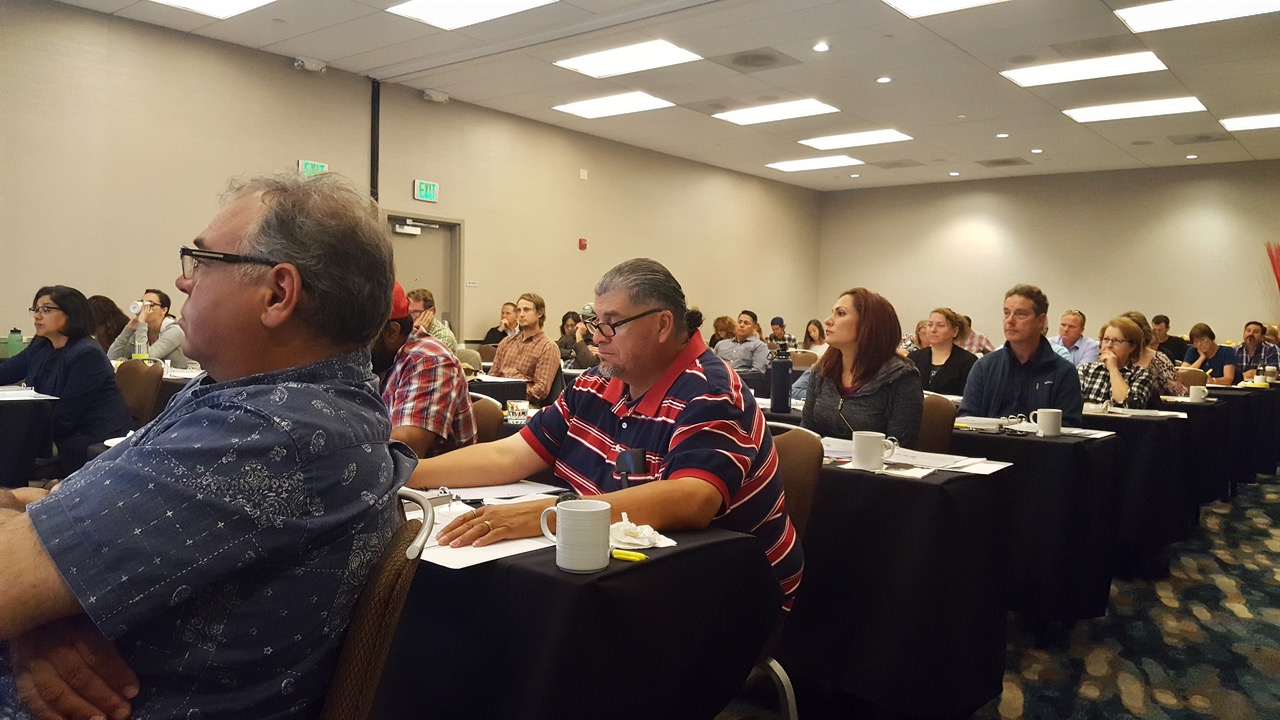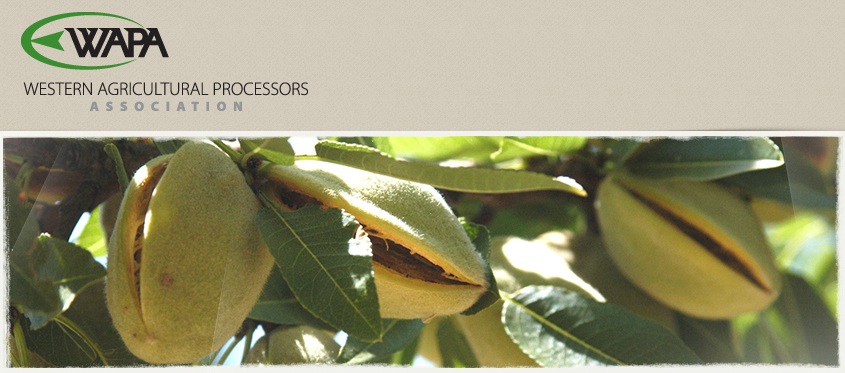Improving Food Safety
Government, Academia and Farmers Join Forces to Improve Food Safety
By April Ward, LGMA Director of Marketing and Communication
On November 19, 2020 the U.S. Food and Drug Administration announced the launch of a longitudinal study in partnership with the California Department of Food and Agriculture (CDFA), University of California Davis, Western Center for Food Safety (WCFS) and agricultural stakeholders in the Central Coast of California.
In recent years several E. coli O157:H7 outbreaks have been linked to lettuce. In an effort to find the cause of these outbreaks and arm farmers with a way to prevent them, this multi-year project will examine how pathogens survive and move through the environment and possibly contaminate produce. FDA will work closely with water quality, food safety, and agricultural experts, representatives from various agriculture industries, and members of the leafy greens industry.
As a part of the project, research teams will aim to determine potential sources of contamination by collecting and examining samples from the environment including adjacent lands, well and surface waters, soil inputs that include compost, dust and animal fecal samples.
U.S. FDA:
The findings from this study will contribute new knowledge on how various environmental factors may influence bacterial persistence and distribution in this region, and how those factors may impact the risk of leafy greens becoming contaminated. Results from this collaboration will lead to improved practices to prevent or mitigate food safety risks, and ultimately enhance the safety of leafy greens grown in California.
CDFA Secretary Karen Ross:
California leads the world in leafy greens production and innovation. Industry and food safety officials are proud to partner on this in-depth scientific study protecting public health.
Dan Sutton, Chairman of the California LGMA and General Manager of Pismo Oceano Vegetable Exchange:
The California LGMA completely supports this joint effort spearheaded by the U.S. Food and Drug Administration. LGMA members are committed to safe leafy greens and look forward to any findings that will help to make our crops safer for consumers. We are pleased to see wide participation from industry, academia and regulators. All of these stakeholders bring different strengths to the project and share a common goal of improving food safety for lettuce and leafy greens.
A similar study is being conducted in the Yuma, Arizona growing region.















